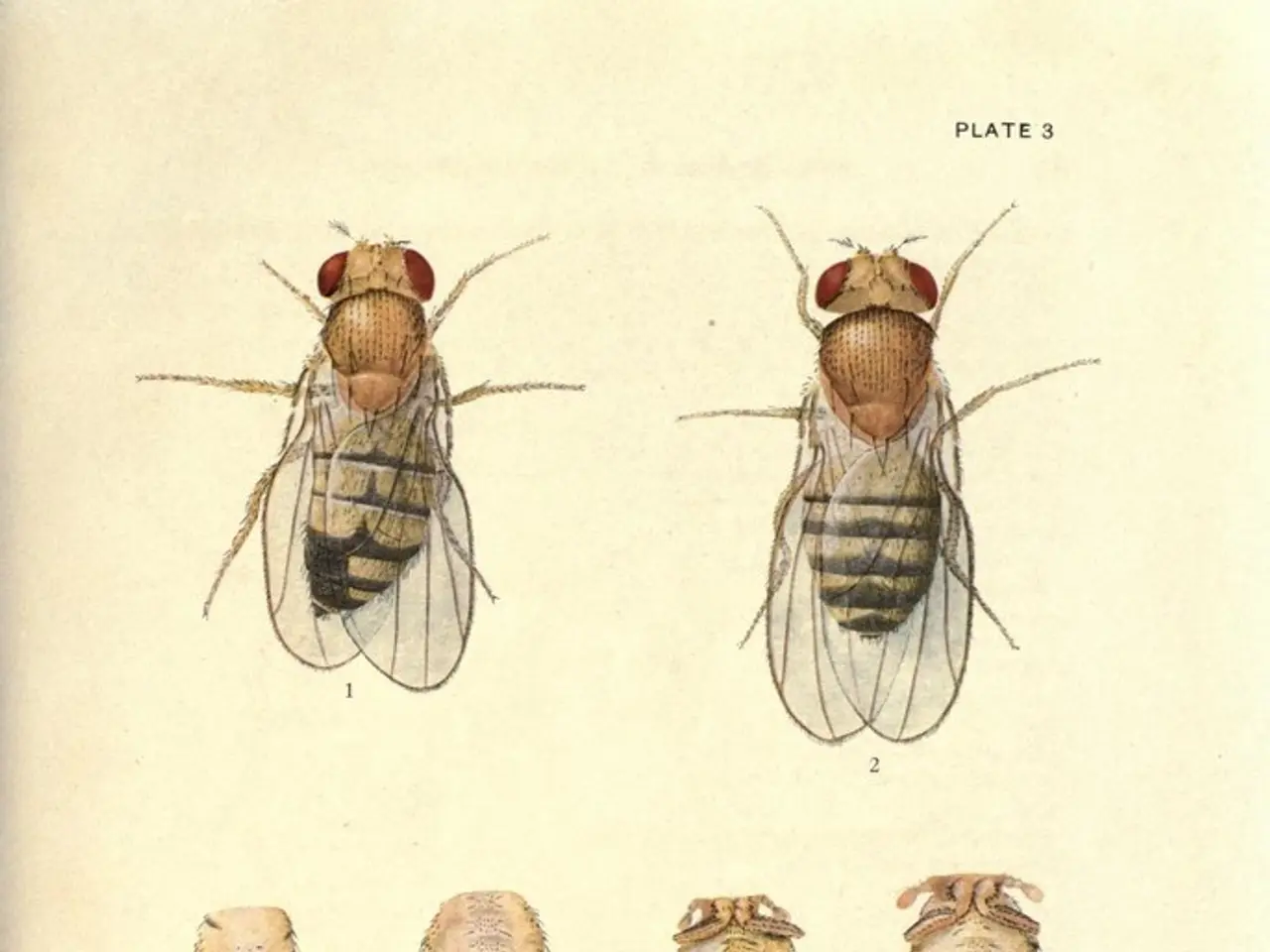Insects Proven to Sleep, Challenging Old Beliefs
Scientists have discovered that insects indeed sleep, challenging the long-held belief that only mammals and birds experience this state. Recent studies have revealed intriguing similarities between insect sleep and that of humans. Researchers have found that insects like fruit flies and honeybees respond to sleep-inducing chemicals and caffeine, much like mammals. Fruit flies, for instance, exhibit 'sleep rebound,' needing more rest after being deprived of it. Meanwhile, sleep-deprived honeybees struggle to communicate effectively through their 'waggle dances.' A device called the 'insominator' confirmed this, showing less precise dance movements in tired bees. However, measuring insect sleep can be tricky. Experts look for signs such as lack of movement, drooping in the direction of gravity, and more relaxed muscles. Some insects, like butterflies, rest, but it's unclear if they sleep in the same way as others. The 'Weird Animal Question of the Week' column explores such mysteries every Saturday. Insect sleep, though different from ours, is now a recognised phenomenon. Further research could unlock new insights into sleep's fundamental role across species and potentially lead to innovative sleep disorder treatments.





